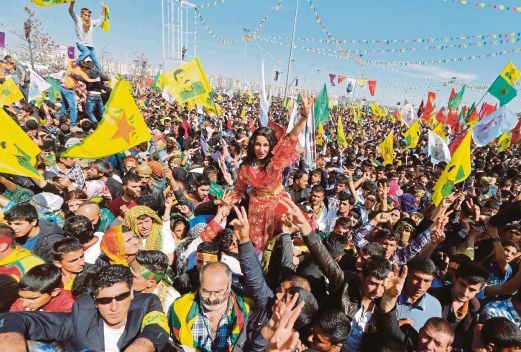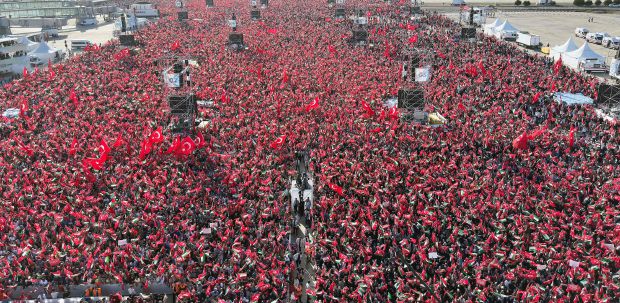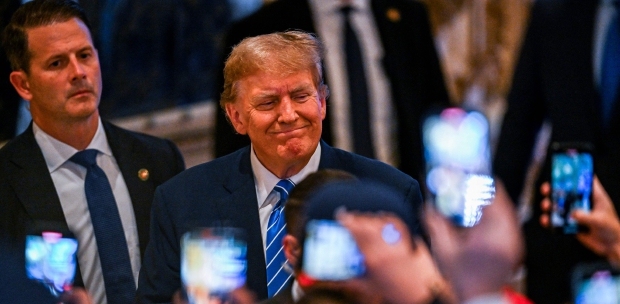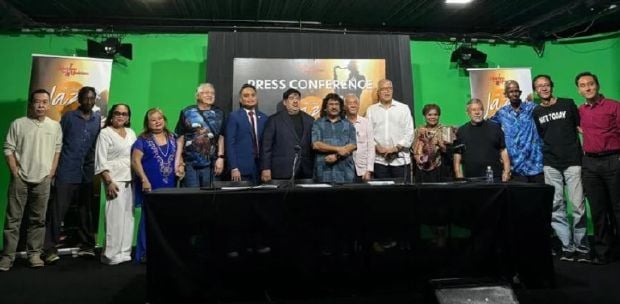THE voices that are advocating for the division of Iraq are getting louder. And who can blame them? With more than 7,000 civilian deaths in the first six months of this year alone, the violence that has become the norm of Iraqi life is quickly spiralling out of control.
In the north and the west of Iraq, the grouping that calls itself the Islamic State of Iraq and the Levant (Isil) has wrested control of the lands from the central government and proclaimed itself as an Islamic state under a caliph. Baghdad, still under the rule of the Shia majority, is grappling with forming a viable government.
Prime Minister Nouri al-Maliki, now in his third term as prime minister of Iraq, looks set to be despatched from the premiership amidst the political bickering.
The Kurds, who have made an autonomous region for themselves in the north since 1971, are slowly inching their way towards secession. If this were a marriage, it would have been better for the two parties to agree to separate. But it is not, and it is not just about two parties falling out.
A separation of Iraqi lands would involve far more than just a re-drawing of the borders to the Kurds, the Sunnis and the Shias. It would be about defining precisely what being a member of each faction means.
For one, being a Kurd is not the same as being a Sunni or Shia. Kurds are an ethnic grouping, not a religious sect. And, even though the majority of Kurds are Sunnis, there is also a sizeable portion of Kurds who are Shias.
The Kurds have been an oppressed lot, suffering greatly under the Ottoman empire, the Shah of Iran, and finally Saddam Hussein.
They have suffered under the Shias, and under the Sunnis, been downtrodden by both Arabs and non-Arabs alike. Kurds have migrated so much that there are majority Kurdish communities across the Middle East borders.
So, the proposal for a three-way separation is not as straightforward as it seems. Even if Iraq were to be divided on a religious divide, history has shown us that this is not necessarily the best solution.
Consider the great Partition of India and Pakistan, which resulted in the greatest mass exodus of people across borders. And, the further break-up of Pakistan less than 30 years after Sir Cyril Radcliffe drew up the Partition line.
But, then again, as Vice-President Joseph Biden pointed out in 2007, a re-drawing of boundaries might be all it takes for peace to reign.
Of course, Biden was reminiscing about the success of the Dayton Peace Accords that brought an end to the fighting between the Bosnians, the Serbs and the Croats. He did not take into account the failed British projects of Palestine, Pakistan, the Sudan and Somalia to name just a few.
If Dayton has taught us anything, it is that any peace plan needs to have all parties at the table, negotiating as equals. It cannot have only some factions present and represented, while others are shut out of the process, no matter how abhorrent they may be perceived by Western powers.
More than anything else, a re-drawing of the borders will not erase years of misery, infighting and oppression. The greatest gift that the international community can give to the peoples whose land is partitioned is the gift of tolerance and forgiveness. And, once there is tolerance, then perhaps there can be mutual respect between the different peoples of the land. Diversity is not merely a challenge, it can also be a source of strength.
Throughout the ages, we have seen borders claimed and lost, and maps drawn and then redrawn. Nearly a century after Sir Mark Sykes and Francois Georges-Picot divided Asia Minor, the lands are again in dispute. Only this time, their division will not be to the benefit of anyone other than those living there. Monitor the negotiators with M16s if we need to, but if any partitioning is to be done, only they can do it, not outside powers.





